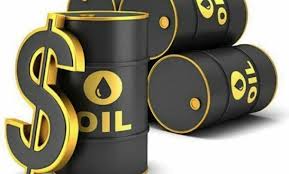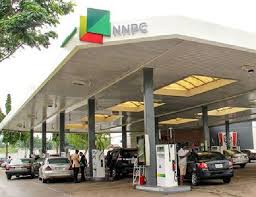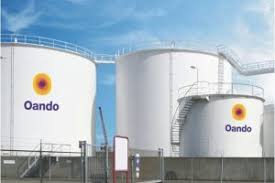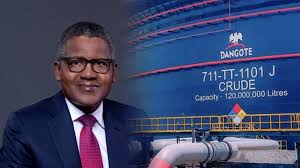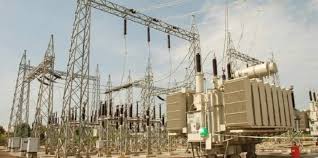The Federal Government has banned the export of crude oil meant to meet the needs of domestic refineries in the country, apparently in a bid to boost local refining capacity, reduce the import of refined petroleum products and curb pressure on foreign exchange supply. Hitherto, about 500,000 barrels of crude oil per day meant for …
